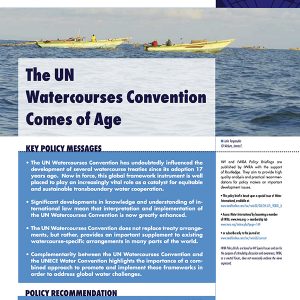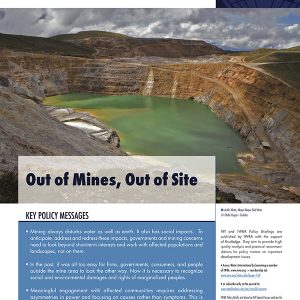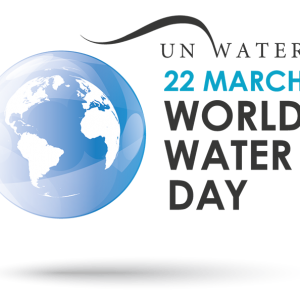Groundwater Success Stories:
Large-scale Water Transfer and Managed Aquifer Recharge
February 2022
This webinar was a well-appreciated event that highlighted some of the many ways that we all value groundwater.
As framed by Karen G. Villholth, groundwater and its management and governance are often overlooked. But, this key resource needs to be better understood so that it is available for present human and ecological uses but also for future generations.
Yan Yang explained that in many areas of China, the groundwater was severely over-exploited. This high water consumption resulted in little space for ecological uses and rivers and lakes were impaired. In the China case study, the South to North Water Transfer Project was able to conduct water from areas of the country which are more easily able to recharge the water resources to areas that had been overly exploited. As the pilot study was expanded, water resources were expanded and in some cases, rivers again could reach the sea. To be successful, the project needed to conduct extensive river cleanup and implement dynamic monitoring and evaluation.
Kathryn Sorensen presented the case of central Arizona in the United States. This dry area recognizes the importance of water security for its ongoing economic development, as well as environmental uses. However, for many years, the Colorado River, its major source of surface water, was overused by neighboring states. With the aid of the federal government, the state was able to create the Central Arizona Project which diverted surface water to the central part of the state. The Arizona Water Bank was successful in recharging many of the groundwater resources in the state. In the context of the present drought, the surface water resources are diminishing which puts more strain on the equitable and legal dimensions of these water transfers.
Kelly Gaboiphiwe discussed the case in Botswana at Pala Road where the mitigation of water scarcity and frequent drought was a major motivating factor in managed aquifer recharging. This project focused on using Managed Aquifer Recharge (MAR) with boreholes to understand the viability of this process and build capacity. This included moving from the inception of the project, such as reviewing documents for the feasibility, but also to the implementation of the project with a pilot project. As the study found, the area tested would be highly successful for further efforts at artificial recharge. Importantly, they noted that it is important to have effective water governance for groundwater.
The panel discussed the importance of groundwater and the common themes which underlined the successful implementation of these projects. This included having a holistic knowledge about hydrology but also looking at the key requirements for having equitable access through strong governance.
Panelists
- Lili Yu, Professor Level Senior Engineer, General Institute of Water Resources and Hydropower Planning and Design (GIWP) at the Ministry of Water Resources of China
- Kathryn Sorensen, Director of Research & Professor of Practice, Kyl Center for Water Policy at Morrison Institute, Arizona State University, Arizona, USA
- Bogadi Mathangwane, Deputy Director, Department of Water Affairs, Botswana
- Tefo Lobalo, Regional Manager, Department of Water Affairs, Botswana
- Kelly Gaboiphiwe, Hydrogeologist, Dept. of Water and Sanitation, Botswana
- Yan Yang, Senior Engineer, General Institute of Water Resources and Hydropower Planning and Design (GIWP) at the Ministry of Water Resources of China
Moderated by:
- Karen G. Villholth, Principal Researcher, International Water Management Institute and Coordinator, GRIPP, South Africa
- Tibor Stigter, Associate Professor at IHE Delft Institute for Water Education (UNESCO)
Opening and Closing by:
- Scott McKenzie, PhD Candidate, University of British Columbia, Vancouver, Canada, and IWRA Webinar Officer
More presentations to come soon!




